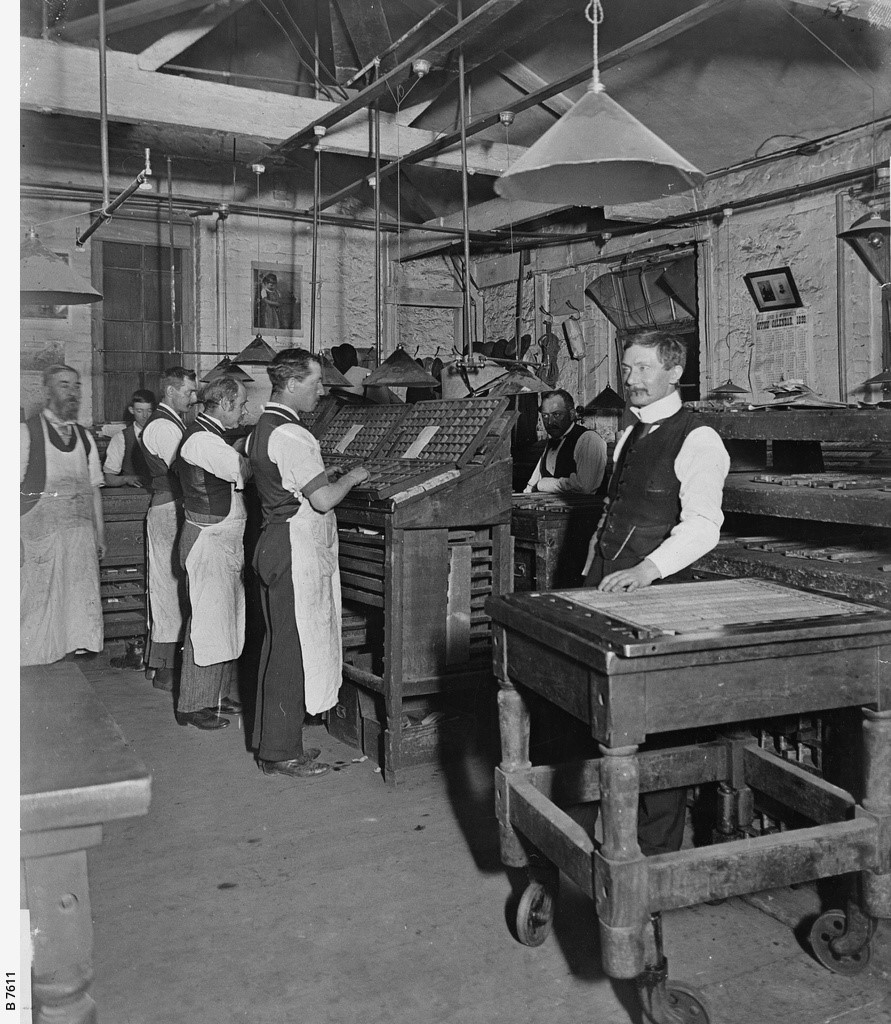Newspapers
The nineteenth century witnessed the emergence of international news agencies like Reuters and the Associate Press, institutions which fundamentally transformed the provision of world news. In this session, we will think about the consequences of these changes for the circulation of information in the nineteenth century and reflect on the role of newspapers in nineteenth-century life. In the process, we will consider how this history might influence our use of newspapers as historical sources.
Presenters — Joe Edgar and Anushka Nerlekar
Seminar Questions
- How would you interpret the phrase ‘the industrialization of information’?
- How does the study of newspapers in the nineteenth century challenge the idea of imperial connections?
- What inequalities and unevenness does it expose?
- How might newspapers have created national or transnational ‘imagined communities’?
Essential Reading
Please read the following article.
- Potter, Simon J. ‘Webs, Networks, and Systems: Globalization and the Mass Media in the Nineteenth- and Twentieth-Century British Empire’. Journal of British Studies 46, no. 3 (2007): 621-646.
Then choose one of the following secondary sources.
- Lester, Alan. ‘British Settler Discourse and the Circuits of Empire’. History Workshop Journal 54, no. 1 (2002): 24-48.
- Hofmeyr, Isabel. Gandhi’s Printing Press: Experiments in Slow Reading. Cambridge, MA: Harvard University Press, 2013. Introduction.
Primary Source
Choose three issues of a newspaper of your choice from the years 1838, 1857, and 1879 (one for each year), using the digitized nineteenth-century newspapers from one of the following databases:
- Caribbean Newspapers, 1718-1876
- Trove Australian Newspaper Service
- Proquest Historical Newspapers: The Times of India (1838-2004)
Don’t worry about doing a close reading of these texts; try to get a general feel for nineteenth-century newspaper content. What topics did they cover? How much international news did they contain? What were their sources of information? How did all of this change over time?
Further Reading
- Ballantyne, Tony. ‘Reading the Newspaper in Colonial Otago’. Journal of New Zealand Studies 12 (2011): 47-63.
- Brennan, James R. ‘International News in the Age of Empire’. In Making News: The Political Economy of Journalism in Britain and America from the Glorious Revolution to the Internet, edited by Richard R John and Jonathan Silberstein-Loeb. Oxford: Oxford University, 2015.
- Brennan, James R. ‘Print, Reading, and Patronage in the ‘Colonial-Born’ Press of the Indian Diaspora in Africa’. Comparative Studies of South Asia, Africa and the Middle East, 35, no. 2 (2015): 369-375.
- Harvey, Ross. ‘Bringing the News to New Zealand: The Supply and Control of Overseas News in the Nineteenth Century’. Media History 8, no. 1 (2002): 21-34.
- Kaul, Chandrika, ed., Media and the British Empire. Basingstoke: Palgrave Macmillan, 2006.
- Kaul, Chandrika. Reporting the Raj: The British Press and India, 1880-1922. Manchester: Manchester University Press, 2003.
- Potter, Simon J. News and the British World: The Emergence of an Imperial Press System, 1876-1922. Oxford: Oxford University Press, 2003.
- Putnis, Peter. ‘The British Transoceanic Steamship Press in Nineteenth-Century India and Australia: An Overview’. Journal of Australian Studies 31, no. 91 (2007):69-79.
- Silverstein-Loeb, Jonathan. The International Distribution of News: The Associated Press, Press Association, and Reuters, 1848-1947. Cambridge: Cambridge University Press, 2014.

